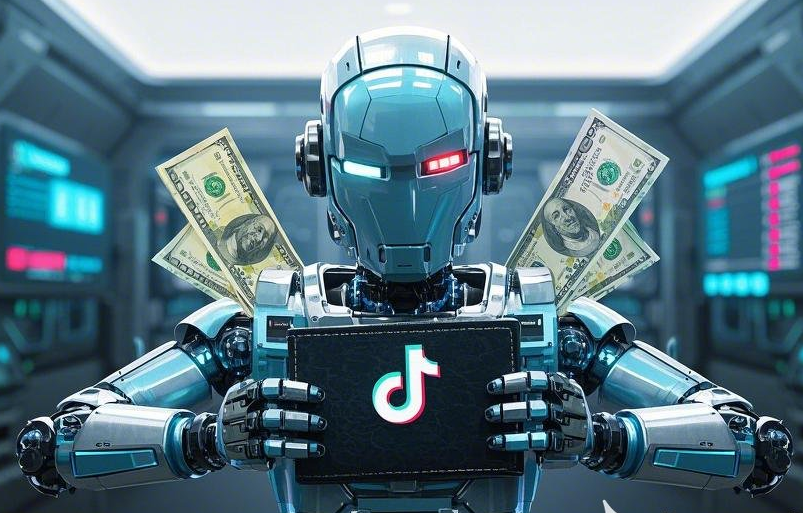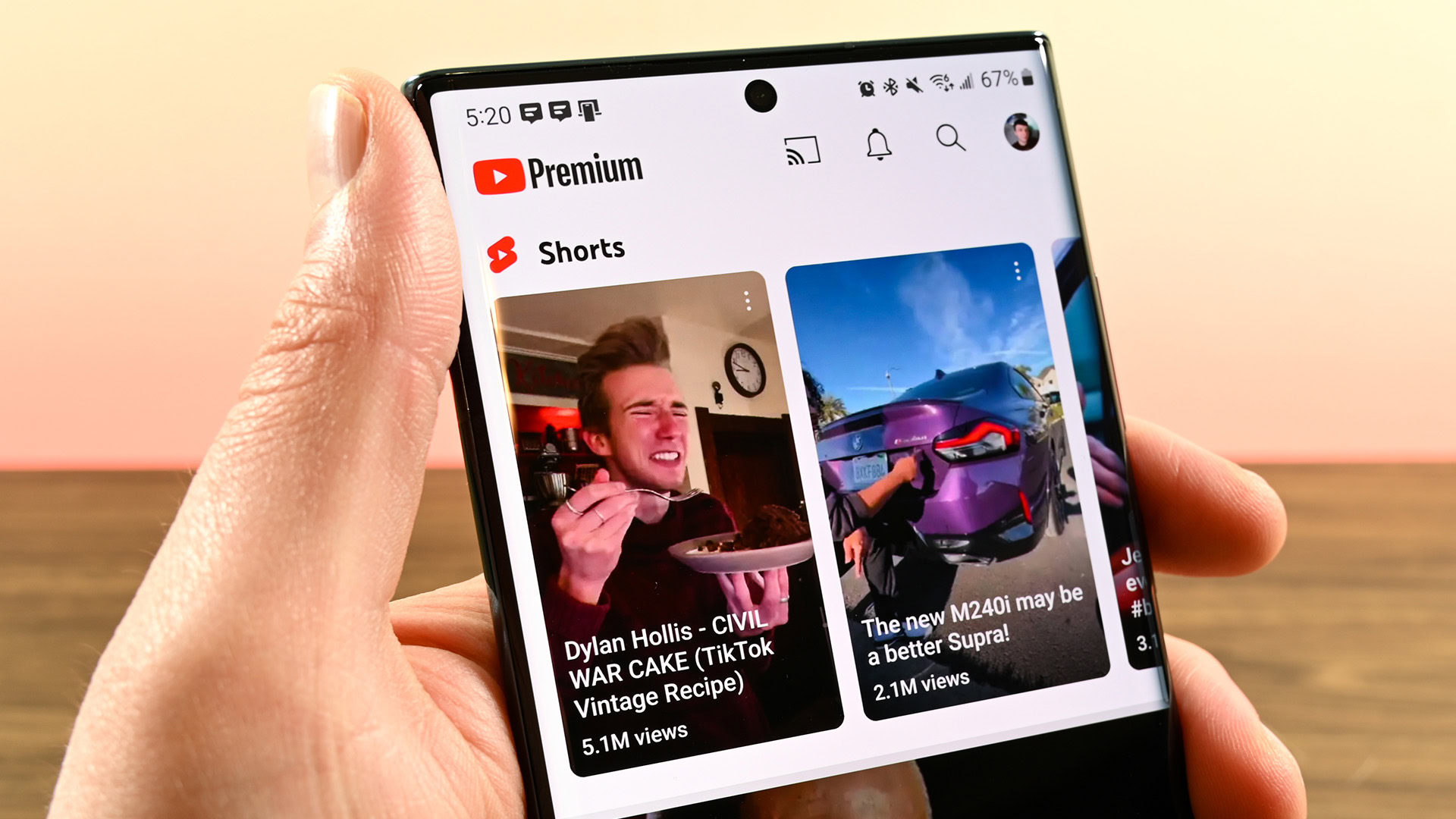TikTok’s parent company ByteDance Ltd. has set aside 150 billion yuan ($20.64 billion) for its capital expenditure this year, and the bulk of that money will be spent on boosting its artificial intelligence capabilities, Reuters reported today.
The report cites two anonymous people familiar with the matter as saying that around half of the amount will be spent on AI-related infrastructure outside China, such as data center resources and networking equipment.
Reuters added that the main beneficiaries of ByteDance’s spending will include Nvidia Corp., which manufactures the powerful graphics processing units that drive many of the most advanced AI models today, as well as the Chinese chipmaker Cambricon Technologies Co. Ltd. and networking gear provider Huawei Technologies Co. Ltd.
The story suggests ByteDance is going to spend significantly more than the $7 billion figure posited by The Information in December, although that earlier report was referring specifically to the company’s budget for GPUs.
ByteDance may not actually buy many GPUs, as The Information’s report said the plan is to rent them from data centers located outside mainland China.
Renting GPUs makes sense for ByteDance because, as a Chinese company, it’s subject to severe restrictions on the purchase of GPUs and other advanced AI accelerators from Western companies. The U.S. government has imposed stringent rules that block the export of cutting-edge chips to its geopolitical rival, over fears that they may be used for military purposes.
The U.S. sanctions mean that most Chinese technology firms are instead forced to turn to cloud infrastructure providers located outside the country, although ByteDance is said to be one of the biggest buyers of Nvidia’s H20 GPUs. Those chips are a customized version of the H100 GPU that was built specifically for Chinese customers, but they aren’t as powerful.
ByteDance’s thirst for greater AI processing power has led it to become one of Microsoft Corp.’s biggest customers in Asia for cloud computing resources, Reuters said.
Reuters added that ByteDance is spending big on AI in order to protect its market lead at home. Although it only really joined the AI race early last year, it has already built up a lead over rivals such as Baidu Inc. and Tencent Holdings Ltd., offering 15 standalone AI applications.
Its top AI app is the chatbot Duobao, which is similar to ChatGPT and boasts around 75 million users in China. Others include Jimeng, a text-to-video generator; Xinghui, which is used to generate images from text prompts; Kouzi, a tool for customer service chatbot development; and Maoxing, which is designed to provide emotional support to human users.
Some of ByteDance’s apps are available overseas. For instance, Doubao is known as “Cici” in international markets, while Jimeng is called “Dreamina.”
Though ByteDance is believed to have set aside more money for AI spending than its main rivals in China, the amount reported by Reuters is still dwarfed by that of many American firms. For instance, Google LLC has reportedly set aside a $50 billion budget for AI infrastructure in the current fiscal year, while Microsoft has said it will spend $80 billion on AI this year.
Separately, ByteDance continues to negotiate with U.S. authorities over the future of the TikTok app here. On Monday, new U.S. President Donald Trump signed an executive order delaying the enforcement of a ban on U.S. infrastructure providers working with the company for 75 days, though the likes of Google and Apple Inc. still aren’t convinced they’re in the clear yet.
The ban had briefly gone into effect following a Supreme Court ruling that upheld a law requiring TikTok to cease operations in the country unless it’s sold by ByteDance.
Image: News/Dreamina
Your vote of support is important to us and it helps us keep the content FREE.
One click below supports our mission to provide free, deep, and relevant content.
Join our community on YouTube
Join the community that includes more than 15,000 #CubeAlumni experts, including Amazon.com CEO Andy Jassy, Dell Technologies founder and CEO Michael Dell, Intel CEO Pat Gelsinger, and many more luminaries and experts.
THANK YOU










